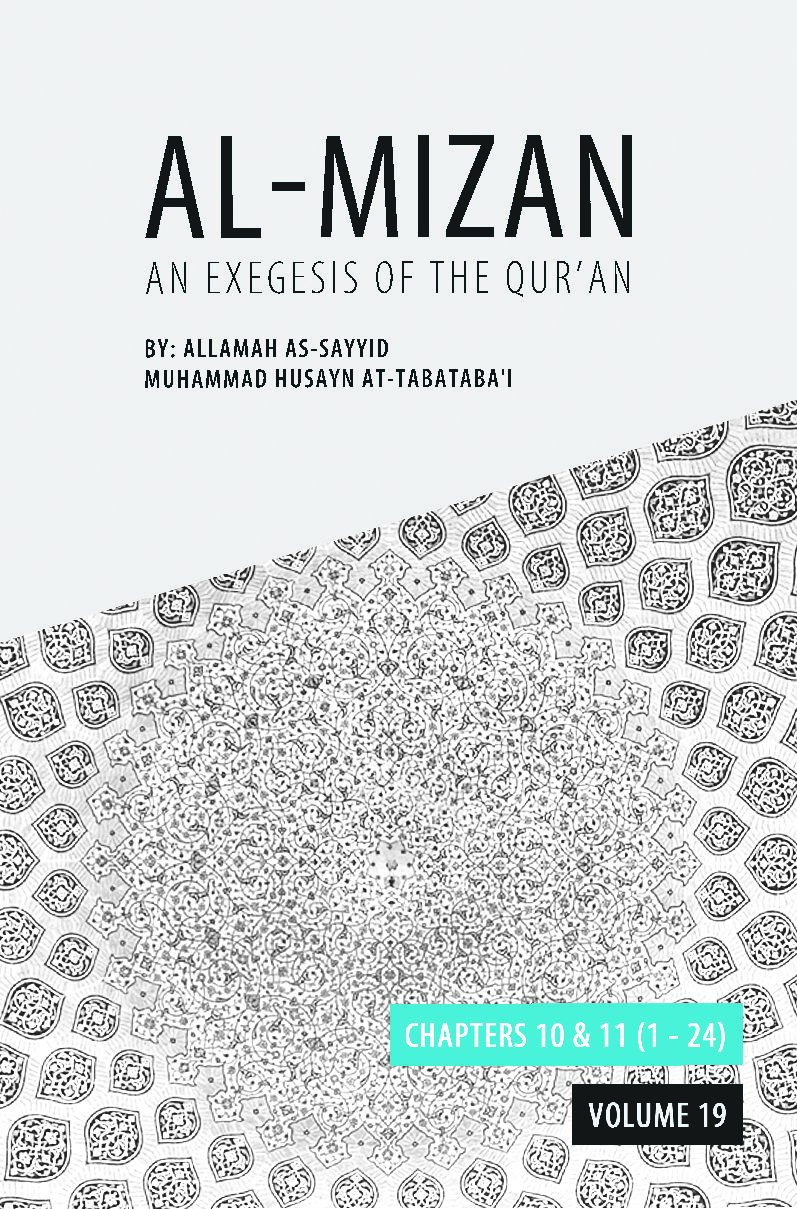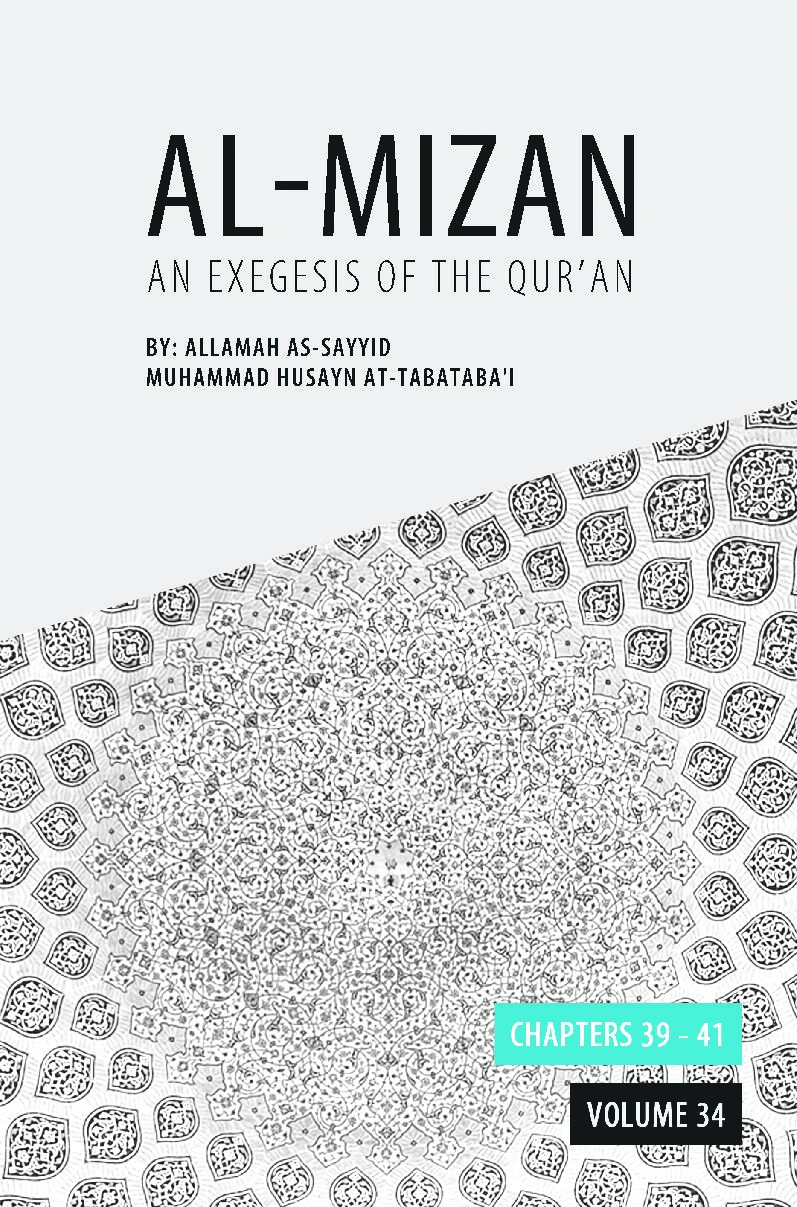This first English volume corresponds to the first half of the first Arabic volume and covers the complete exegesis of the first chapter of the Qur’an, “The Opening of the Book” and verses 1-93 of the second chapter, “The Cow.”
Allamah Tabataba’i has written a preface in the first volume in which he has suggested some important points:
- The meaning of the science of exegesis and reference to its historical developments since the era of revelation of the Qur’an to this day.
- An account of various exegeses of the Qur’an written by different Muslim scholars with reference to the causes of difference among them. He believes that every exegete of the Qur’an has viewed the Qur’an from his own intellectual point of view and presented his interpretation in accordance with it. ‘Allamah Tabataba’I has also pointed out their individual weaknesses and has written a compendious criticism of them.
- In the end he has referred to the style of his own exegesis, which he considers to be based on a new approach, that is, interpreting the Qur’an by the Qur’an itself. Then he gives a snapshot view of the various aspects of his method and approach employed in the exegesis, and concludes the preface.
He then begins the exposition of the first chapter, Fateha, with a brief commentary on: “In the Name of Allah, the Beneficent, the Merciful”.
He discusses several Qur’anic, philosophical and psychological issues in the light of this chapter. At first, he unfolds the meaning of al-hamd (praise) in the context of God, the Most Holy, and the word al-sirat – the path to hidayah (guidance). The other discussion is about the principle of the flow of the Qur’an (the application of the Qur’anic verses to specific situations by the Imams in the Qur’an which is based on the traditions). He then explains 93 verses of the second chapter, al-Baqarah.
He has expounded some of the profoundest themes of the Qur’an in the light of these verses in a comprehensive and lucid way in the following order:
- In the beginning there are two philosophical discussions about the supersensible perception and the necessity of sciences. Then are discussed the causes of kufr (infidelity), the nature of miracles, and the miraculous qualities of the Qur’an. In this context various aspects of the Qur’an have been discussed in a detailed and logical way.
- After this some other important issues are taken up, such as the meaning of prophetic mission, metaphorical meaning of the concretization of certain deeds, determinism, delegated freedom and the intermediate stage between two extreme positions, the meanings of the acts of making (ja’l) and creation (khalq), instruction of the Names to Adam, and the creation of the Garden for him.
- The most important discussion of this book is the one about the problem of intercession (shafa’ah). It can be said with certainty about this discussion that such a logical and detailed analysis of the issue was never attempted in any of the Islamic books on this subject. Allamah Tabataba’i has divided the issue of intercession into six subtitles and has made it a subject of extensive study. In the end of this discussion, he has dealt with the psychological, philosophical and sociological aspects of intercession.
- The other discussions of this volume include the Sabeans; the revival of the dead and metamorphosis.
Translator: Late Allamah Sayyid Akhtar Rizvi





